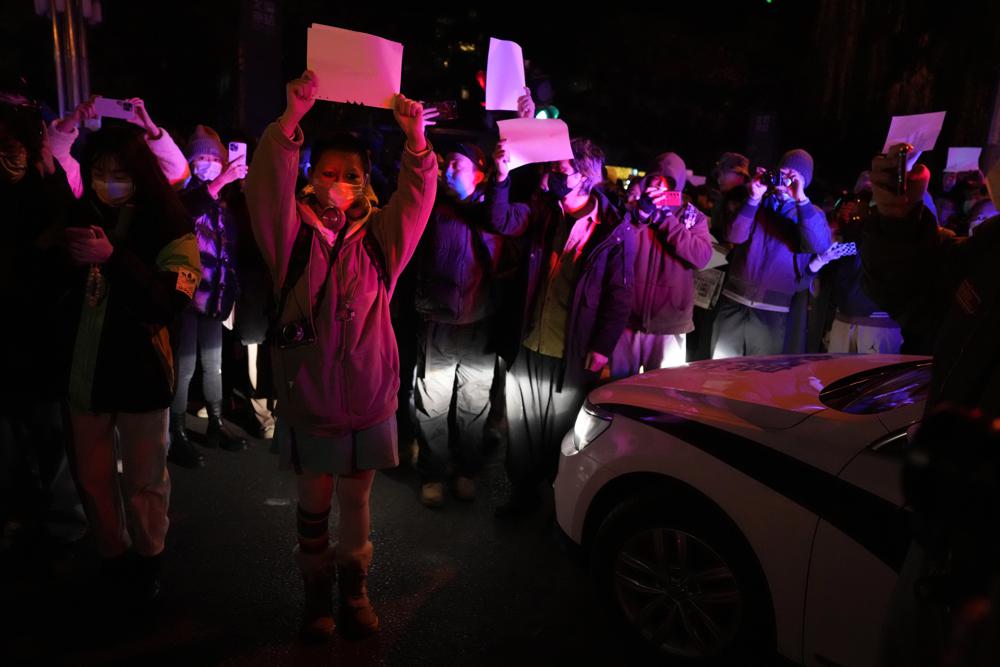

Videos of hundreds protesting in Shanghai started to appear on WeChat Saturday night. Showing chants about removing COVID-19 restrictions and demanding freedom, they would only stay up for only minutes before being censored.
Elliot Wang, a 26-year-old in Beijing, was amazed.
“I started refreshing constantly, and saving videos, and taking screenshots of what I could before it got censored,” said Wang, who only agreed to be quoted using his English name, in fear of government retaliation, . “A lot of my friends were sharing the videos of the protests in Shanghai. I shared them too, but they would get taken down quickly.”
That Wang was able to glimpse the extraordinary outpouring of grievances highlights the cat-and-mouse game that goes on between millions of Chinese internet users and the country’s gargantuan censorship machine.
Chinese authorities maintain a tight grip on the country’s internet via a complex, multi-layered censorship operation that blocks access to almost all foreign news and social media, and blocks topics and keywords considered politically sensitive or detrimental to the Chinese Communist Party’s rule. Videos of or calls to protest are usually deleted immediately.